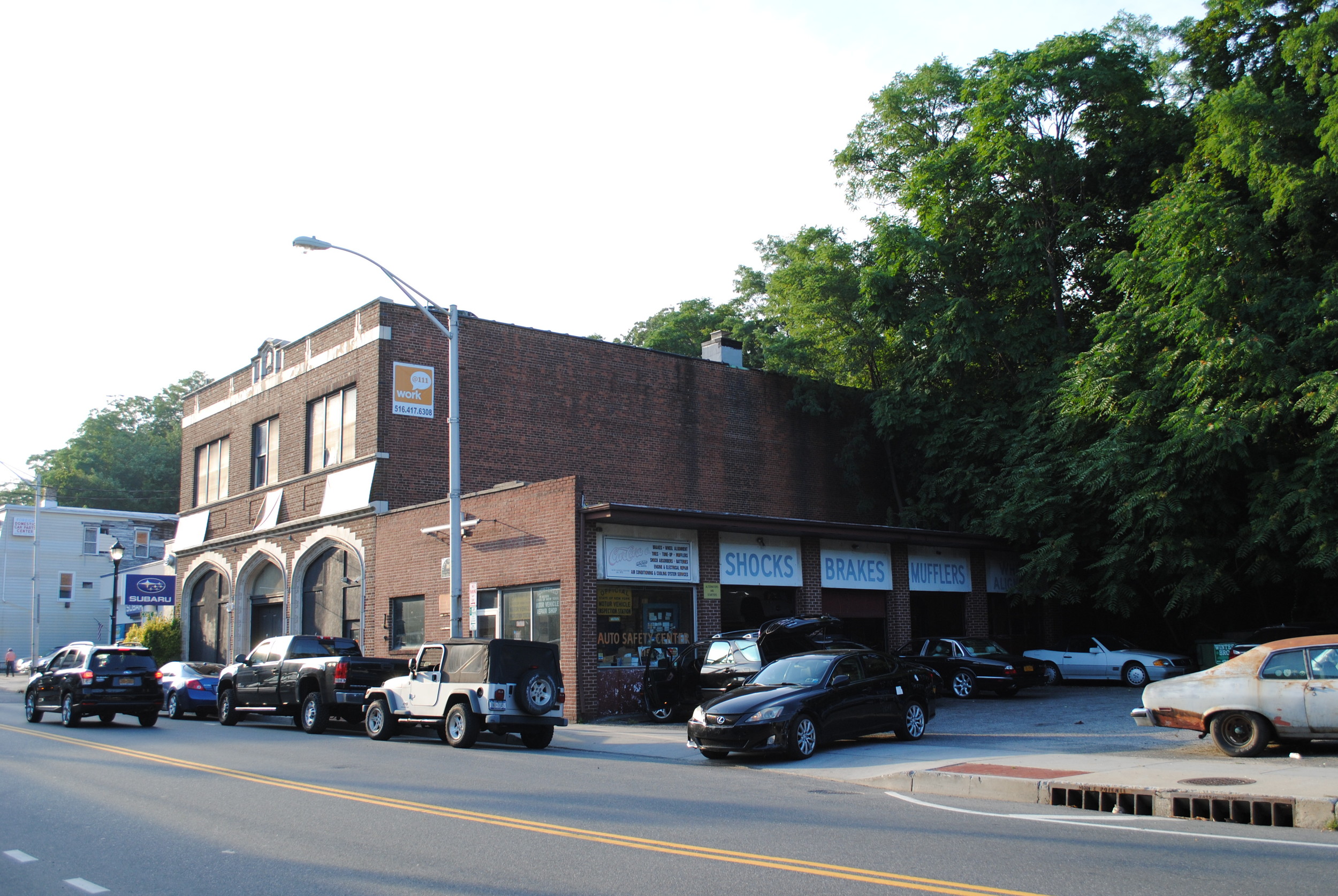Planning board doesn’t approve of current project
The Glen Cove City Council’s June 27 vote to refer a zoning change at 115 Glen St. to the city planning board was tied.
Even so, Kathleen Deegan Dickson, the developer’s attorney, gave a presentation at the pre-council meeting on Aug. 15, at which three members of the planning board weighed in.
The proposed workforce housing development is targeted at young professionals returning home from college and couples and single adults looking for downtown living. Deegan Dickson said it is intended to clean up underutilized property that doesn’t fit in the downtown anymore.
The initial proposal included six two-bedroom apartments, 18 one-bedrooms and 15 studios.
“As a council … we wanted to hear what the planning board had to say, and we didn’t get a chance to,” Mayor Reggie Spinello said.
Deegan Dickson said that her clients, Alec Ornstein, Cliff Fetner and investment group G4 Capital Bridge, were requesting multiple variances. The half-acre property is in a section of downtown Glen Cove referred to as the B1 zoning area, which allows for 29 apartment units per acre and a minimum of one acre for residential development.
The zoning change being requested by the developer is for 72 units per acre, or about 36 units on the property. To fit them all in, the developer is requesting a height variance, from three stories to four.
The city’s zoning law requires 54 parking spots for 36 units. The developer is asking to create just 39 spaces.
Spinello said he believed it was important to hear from the planning board. “We don’t want to turn the zoning upside down in the downtown and open up a can of worms that we can’t shut,” he said.
Deegan Dickson said her clients were open to more suggestions. “If there are things that are too aggressive, we’d like to hear what you think they are, and we can see what we can do in this proposal to soften it,” she said.
Three planning board members offered their opinions. “This would be a classic example of spot zoning,” said Chairman Thomas Scott. In 2010, he said, the city completed a review of its master plan. “From a planning perspective, to ask for a change of zone in the downtown after doing that study, to me, just throws everything out the window,” he said.
Deegan Dickson countered that she believed that approving the requested variances would not amount to spot zoning, because the changes would be available to other parcels in the district with special permits from the planning board.
Scott also had an issue with calling the project workforce housing, because rent was proposed using Nassau County’s Area Median Household Income, which is $110,800, not necessarily an accurate figure for Glen Cove.
“My biggest concern is the precedent that we’re setting and what it can do to the downtown,” said Michael Bellissimo, another planning board member. “At what point does [RXR]” —the developer for the Garvies Point Waterfront Project— “come back to the mayor and decide, ‘Let’s tear up what we got planned for the plaza,’ because 72 units an acre gets them a hell of a lot more density.”
Board member Andrew Kaufman also asked Deegan Dickson whether her client would consider a less dense project for such a small area.
“Maybe there’s another site in Glen Cove, because again [the developer] seems to be a very credible applicant,” Bellissimo said. “But turning the downtown upside down, I don’t know if that’s the right thing to do.”
Deegan Dickson seemed to want to know if her client should pursue any development on the property, based on the critique from the planning board. “What we need to know is, is this half-acre parcel a non-starter?” she asked.
After further discussion, and with no final decision made, she said that the feedback was appreciated.

 45.0°,
Mostly Cloudy
45.0°,
Mostly Cloudy 




